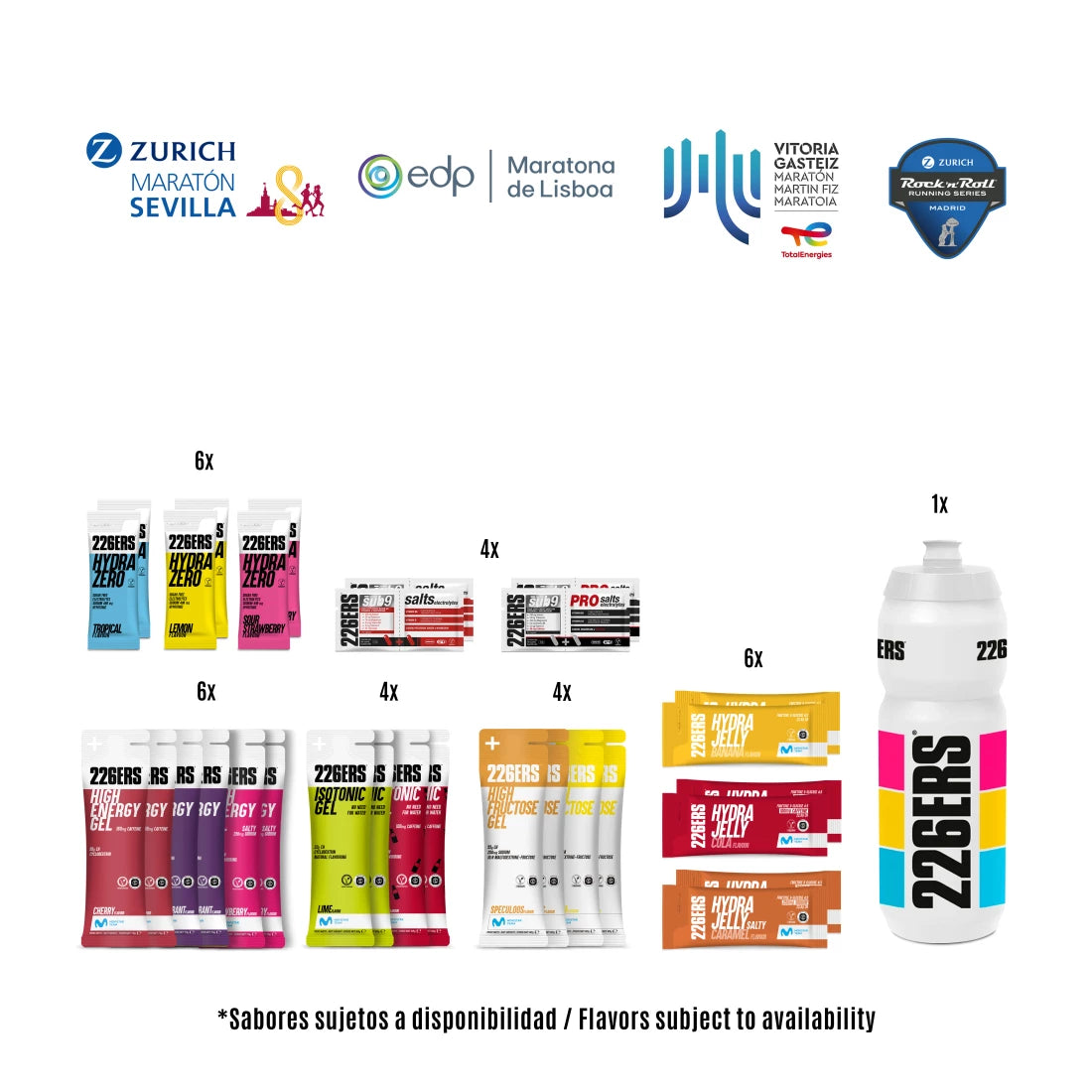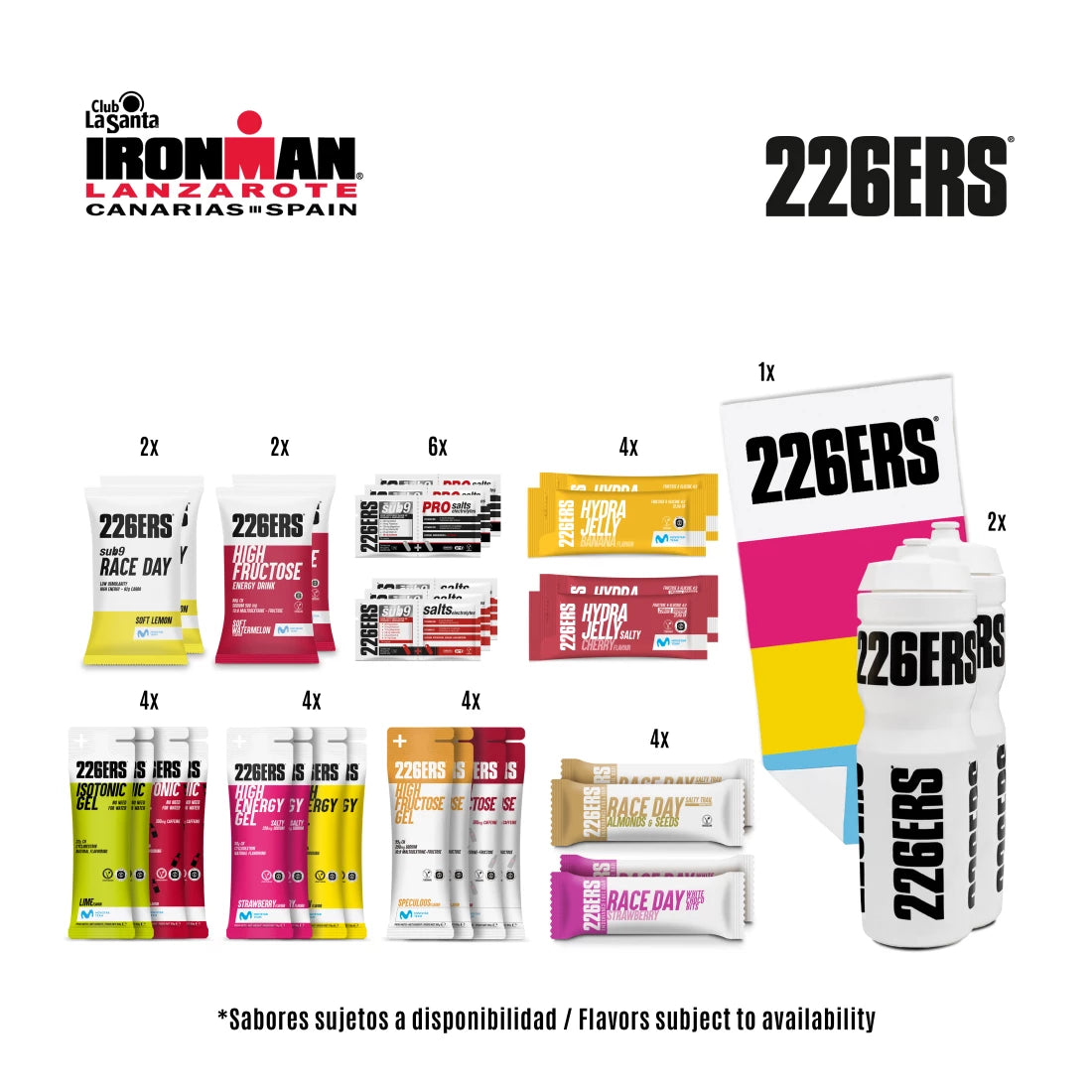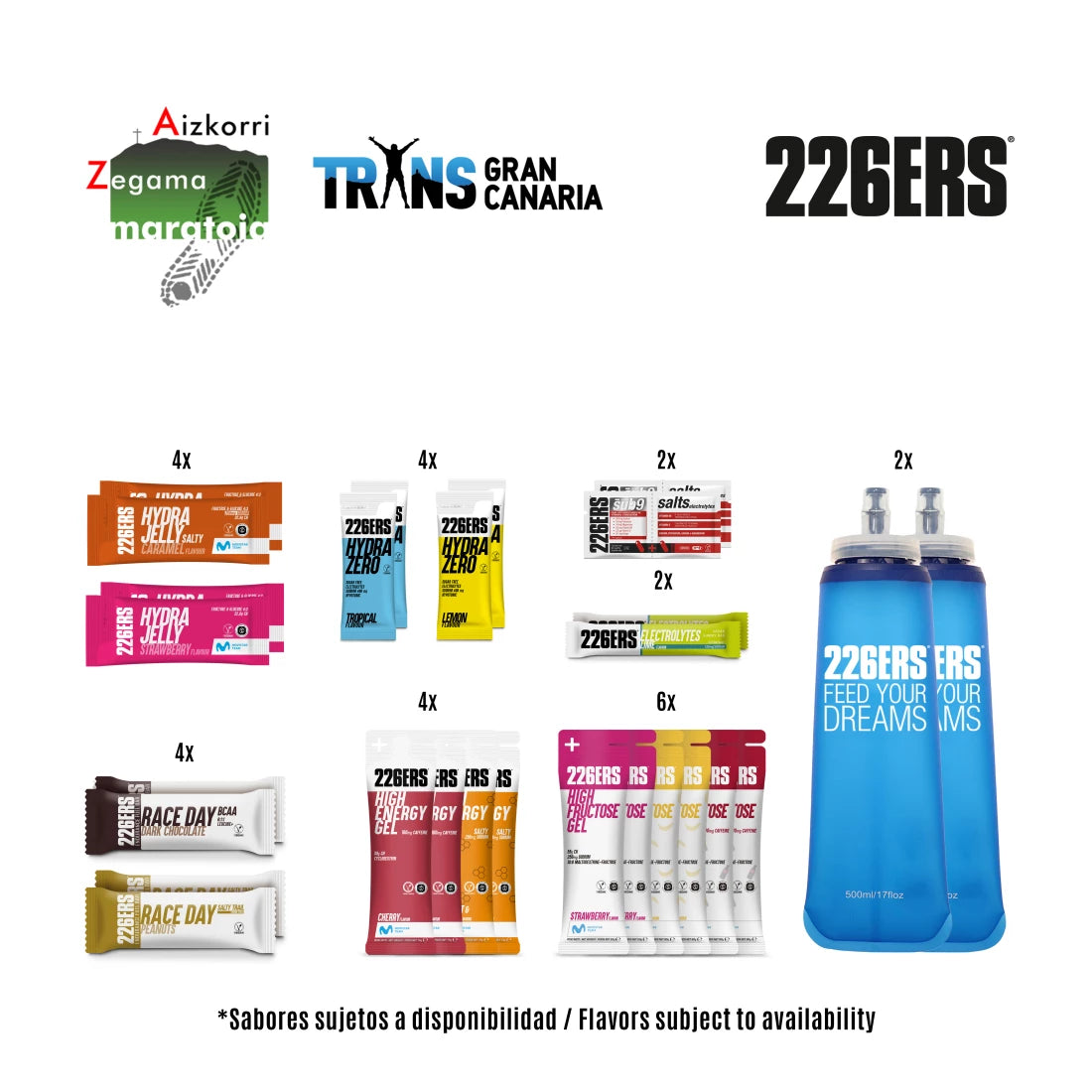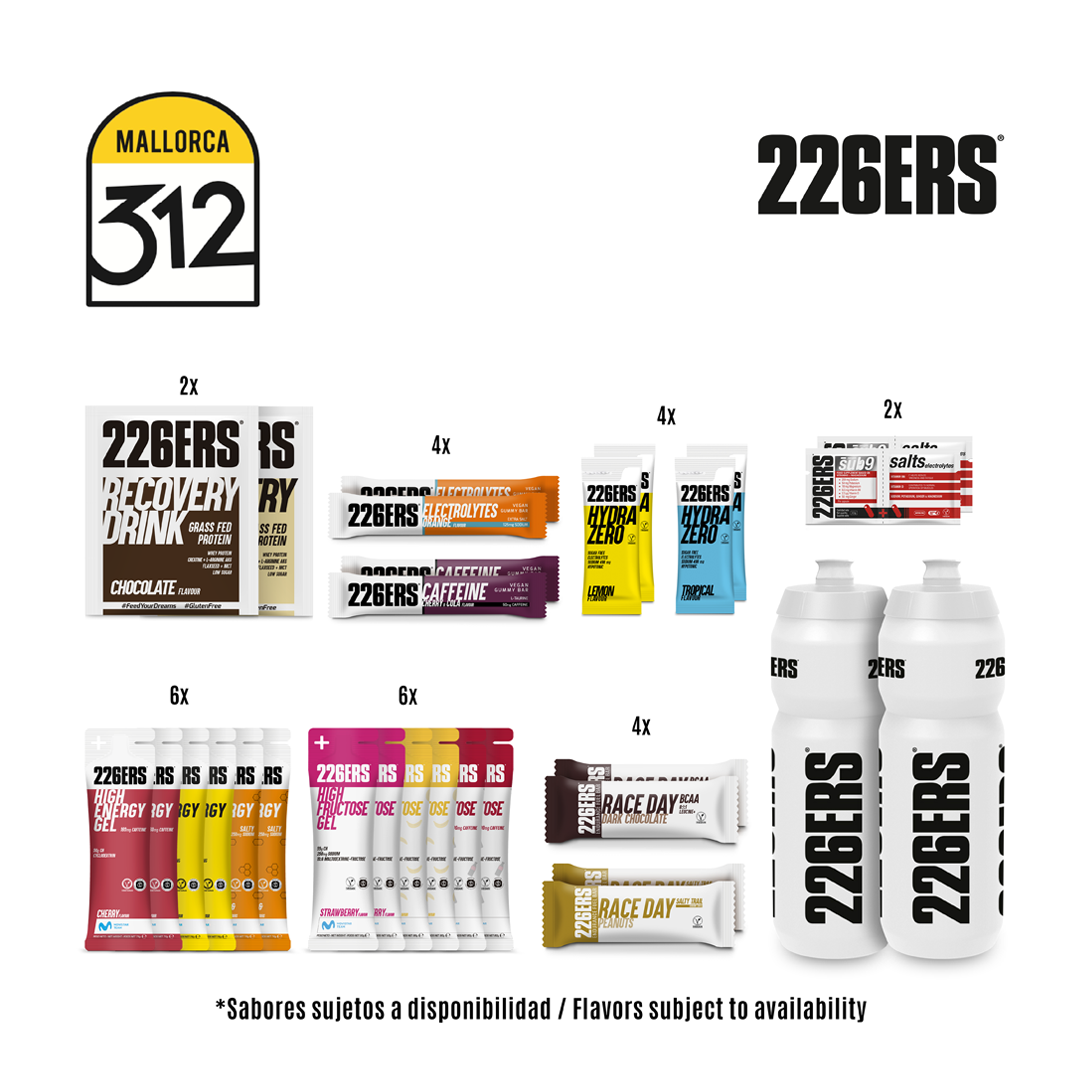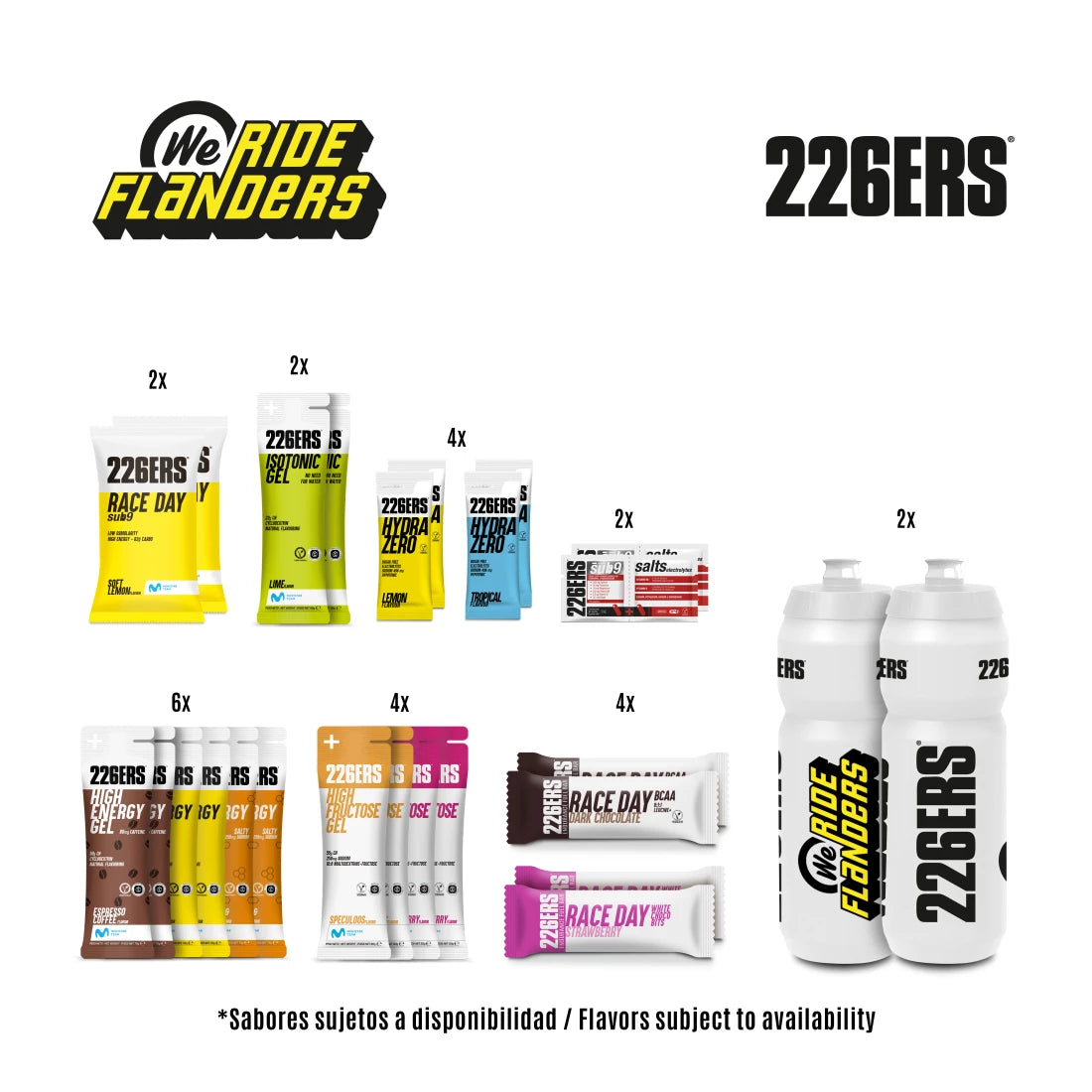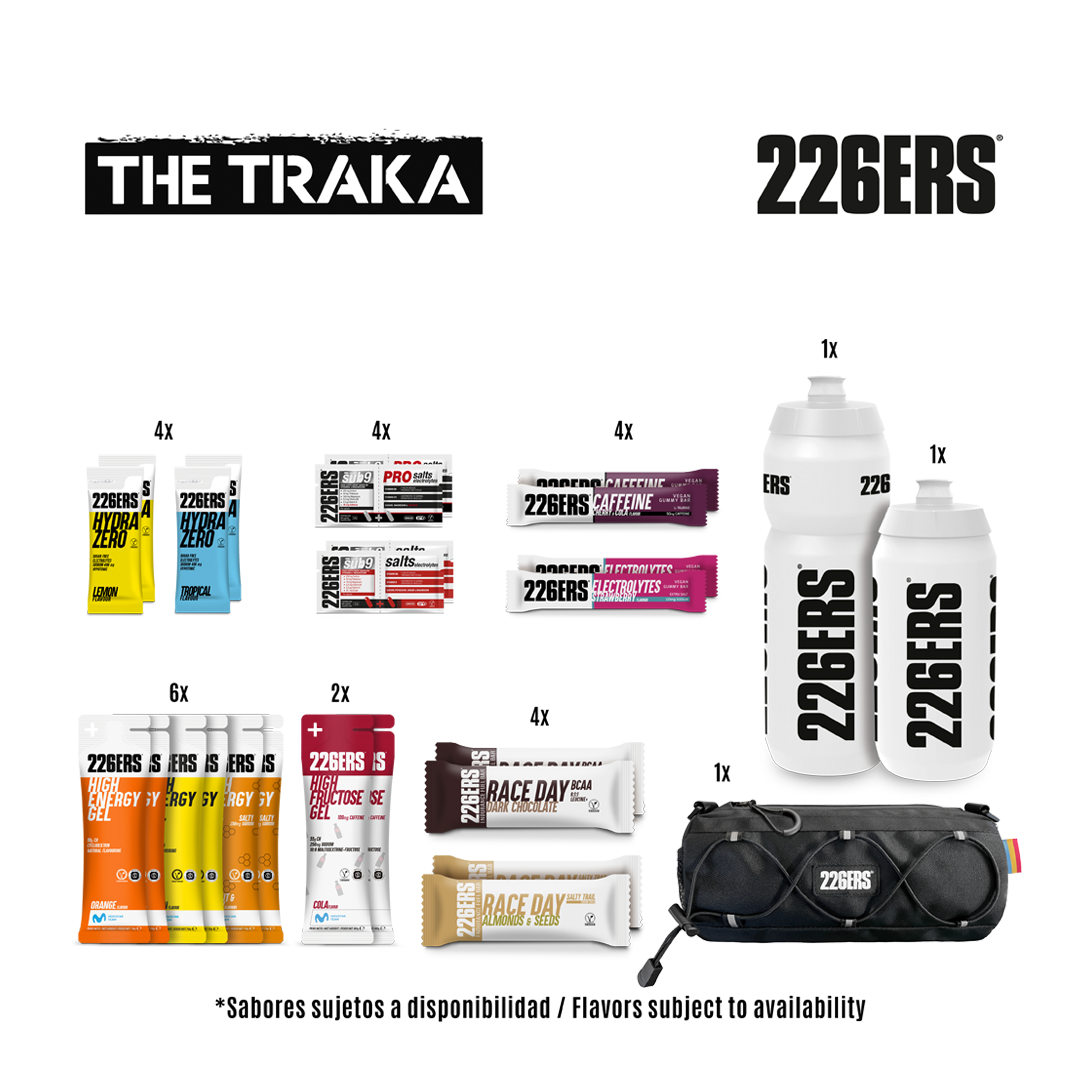How much creatine can I take up and in what dose
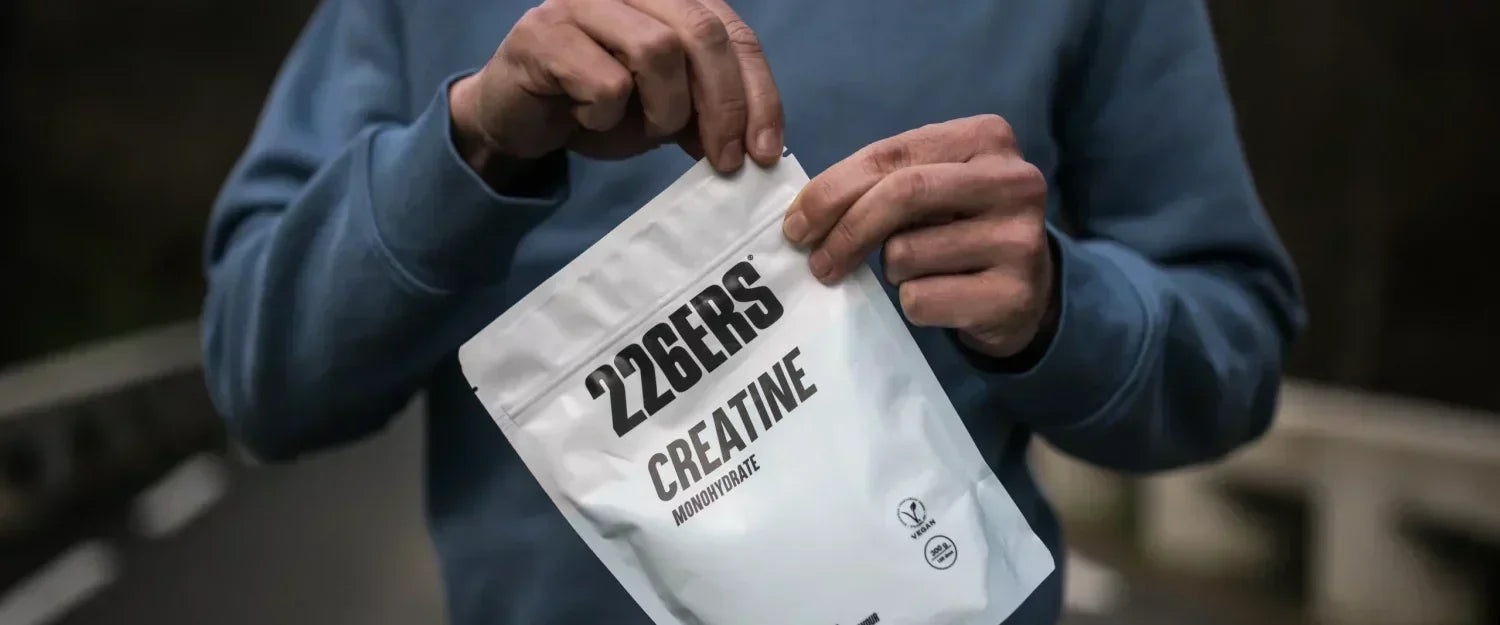
If you are looking for a way to improve your sports performance, you may have considered the use of sports supplements.
Sports supplements consist of concentrated sources of nutrients or other substance with a physiological effect, where without a doubt, one of the names that have been repeated in recent years is creatine monohydrate, mainly due to the large number of studies that support its effectiveness and safety.
Supplementation with Creatine monohydrate contributes to increase endogenous reserves of creatine and phosphocreatine, that play a role determinant in energy systems, mainly in those efforts they seek enhance strength and explosiveness, but also about the recovery, prevention injuries, optimization of thermoregulation, promoting a correct anabolic environment and even benefits linked to the cognitive field.
However, as with all products related to sports nutrition, to benefit from the advantages of this supplement it is essential to follow the recommendations and indications provided by the manufacturer.
If even so, doubts appear as:
When to take creatine?
What is the recommended dose per day?
How long to take creatine?
When is it better to take creatine?
How to make the most of the effects of creatine?
What kind of creatine is the most effective?
We will try to answer these and other possible doubts so that you take the most of this wonderful supplement and get that extra in your training
Next, we will solve these and other doubts that may arise in relation to creatine.

When to take creatine?
Our main objective is to increase creatine reserves, some studies have demonstrated in the analysis of muscle biopsies and other tissues, increases between 20% to and 40% creatine through supplementation.
In this way we guarantee that it is available when we need to use its benefits.
To manage these reservations, different protocols have been proposed, which in one way or another pursue this same purpose. There are several research that suggests that it is necessary to carry out a load phase, with relatively high doses to maximize the results. Although it is true that in specific cases it can be effective, for the general public it will suffice with the dose stipulated in the container, which corresponds to the dose indicated for a maintenance period.
Know when it is Perfect moment to take creatine, before or after training it is essential to improve your sports performance.
For this same reason, that based on the last evidence in terms of effectiveness and security, it is advisable to consume a smaller dose daily (independent of the moment of the day), but more sustained over time, avoiding any collateral effect, such as a certain gastric discomfort or possible water retention.
What is the recommended dose per day?
The Recommended Creatine Dose Monohydrate It is from 3.4 grams a day. This is equivalent to a satin saucepan of our Creatine monohydrate as of ours Creatine Creapure®.
Studies in this regard point to that This amount, as the minimum effective amount, both for men and women, regardless of their weight.

How long to take creatine?
Creatine is a nitrogen compound, formed by different amino acids. We can find it naturally in our diet, mainly in food of animal origin at a rate of between 1 and 2 g per day, depending on the type of food and cooking.
Therefore, its consumption in established doses and, in particular, in plants -based diets is more than safe and recommended.
As mentioned, the effects of creatine are maximized once the reserves of this increase. For this reason, when we talk about time, it is more important to concentrate on the necessary time until this point of maximum concentration can reach, which can be around 4-6 weeks.
Security studies do not specify a period from which the effectiveness is affected or supposes a health problem, provided that the instructions for use are followed.
When is it better to take creatine?
When taking creatine is one the issues that are most repeated, partly because we are accustomed to supplements with acute ergogenic effects, such as caffeine or some types of carbohydrates.
Creatine, on the other hand, is based on its benefits, so the short answer to the question would be quandocu as you want, but keeping the dose stipulated daily, whether it is trained as if not.
However, there are certain nuances that can slightly modulate the answer and can be taken into account:
- Accompanying creatine with a carbohydrate contribution can increase the replacement of muscle glycogen. Therefore, the combination of monohydrate creatine with our recovery Drink can be an ideal alternative after intense sports.
- Other investigations that support the previous hypothesis have been carried out and suggest that, when consuming creatine together with carbohydrates (approx. 50 g) and proteins (approx.50 g), muscle creatine concentrations seem to increase compared to a placebo.

How to make the most of the effects of creatine?
As mentioned, creatine supplementation can be of great help in the development of various tasks, both in everyday life and in strength, resistance, muscle mass maintenance, promoting a correct anabolic environment or favoring cognitive function.
However, literature indicates that it is unlikely that creativity alone can create this series of adaptations.
In practice, the increase in intramuscular reserves of phosphocreatine through supplementation promotes a greater stimulus for training, greater REFOSPHORILILITY of ADP A AP, through the reaction of the Quinase Creatin and a stabilization of accumulated hydrogen ions during the high intensity exercise. Due to this, it is possible to increase the volume and/or intensity of the training, which can influence the kinetics of muscle proteins, growth factors, satellite cells, inflammation and oxidative stress, which ultimately leads to increases in muscle mass, strength or hypertrophy.
What kind of creatine is the most effective?
In the market there are different forms of creatine (creatine citrate, creatine serum, creatine nitrate ...). However, in 226ers can buy Creatine Monohydrate That, according to the International Sports Nutrition Society, it is the one with the greatest number of studies in terms of bioavailability, security and efficiency
Trust sports nutrition
In 226ers we have been accompanying athletes on the road to achieve their goals, offering products of the best quality to take care of the body and obtain the best performance. To give the maximum of yourself taking care of your health, choose the best sports nutrition products by the hand of 226ers.
LITERATURE
· Kreider RB, Kalman DS, Antonio J, Ziegenfuss TN, Wildman R, Collins R, Candow DG, Kleiner SM, Almada Al, Lopez HL. International Society of Sports Nutrition Position Stand: Safety and Efficacy of Creatine Supplementation in Exercise, Sport, and Medicine. J int soc Sports Nut. 2017 Jun 13; 14:18. DOI: 10.1186/S12970-017-0173-Z. PMID: 28615996; PMCID: PMC5469049.
· Jagim Ar, Stecker RA, Harty Ps, Erickson JL, Kerksick Cm. Safety of Creatine Supplementation in Active Adolescents and Youth: A Brief Review. Front Nutr. 2018 Nov 28; 5: 115. DOI: 10.3389/FNUT.2018.00115. PMID: 30547033; PMCID: PMC6279854.
· Preen, D., Dawson, B., Goodman, C., Beilby, J., & Ching, S. (2003). Creatine Supplementation: In Comparison of Loading and Maintenance Protocols on Creatine Uptake by Human Skeletal Muscle, International Journal of Sport Nutrition and Exercise Metabolism, 13 (1), 97-111. Retrieved Jun 12, 2023, from https://doi.org/10.1123/ijsnem.13.1.97
· Ndika, J. D. T., Johnston, K., Barkovich, J. A., Wirt, M. D., O'Neill, P., Betsalel, O. T., Jakobs, C., & Salomons, G. S. (2012). DEVELOPMENTAL PROGRESS AND CREATINE RESTORATION UPON LONG-TERM CREATINE SUPPLICATION OF A PATient With Arginine: Glycine Amidotransferase Deficiency. Molecular Genetics and Metabolism, 106 (1), 48–54. https://doi.org/10.1016/j.ymgme.2012.01.017
· Nelson, A., Day, R., Glickman-Weiss, E. et al. Creatine supplementation alters the response to a graduated test in cycloergometer. EUR J Appl Physiol 83 , 89–94 (2000). https://doi.org/10.1007/s004210000244


